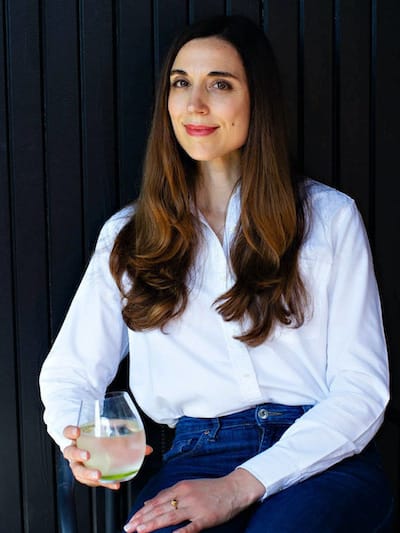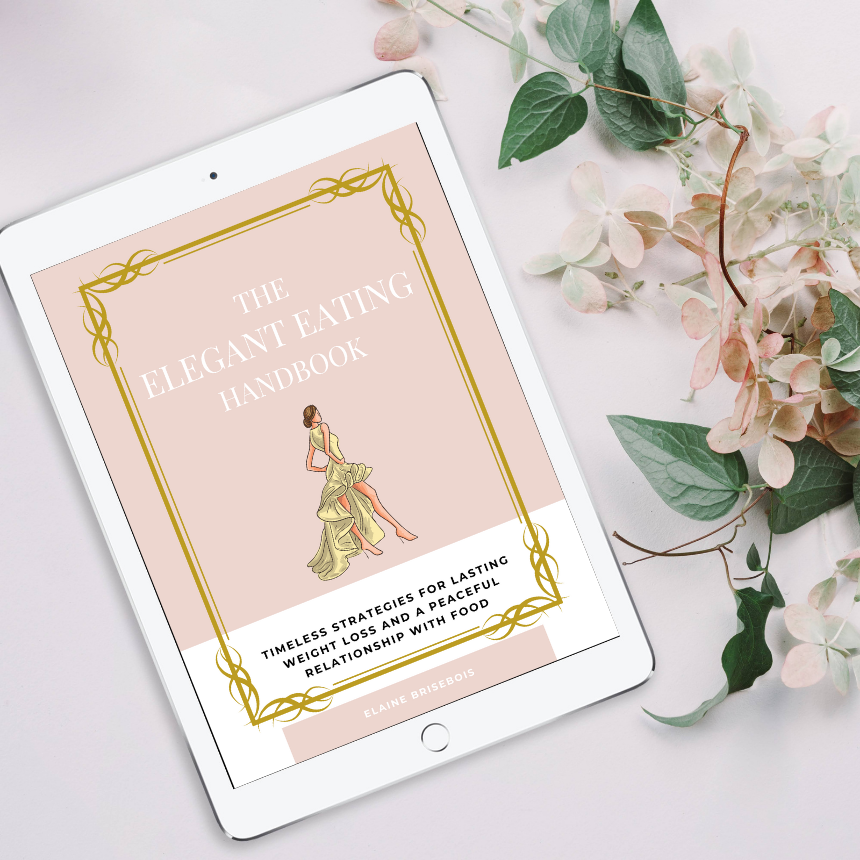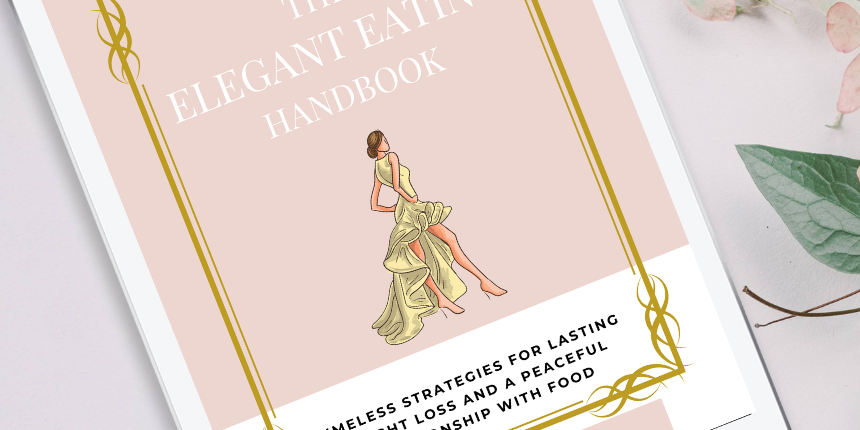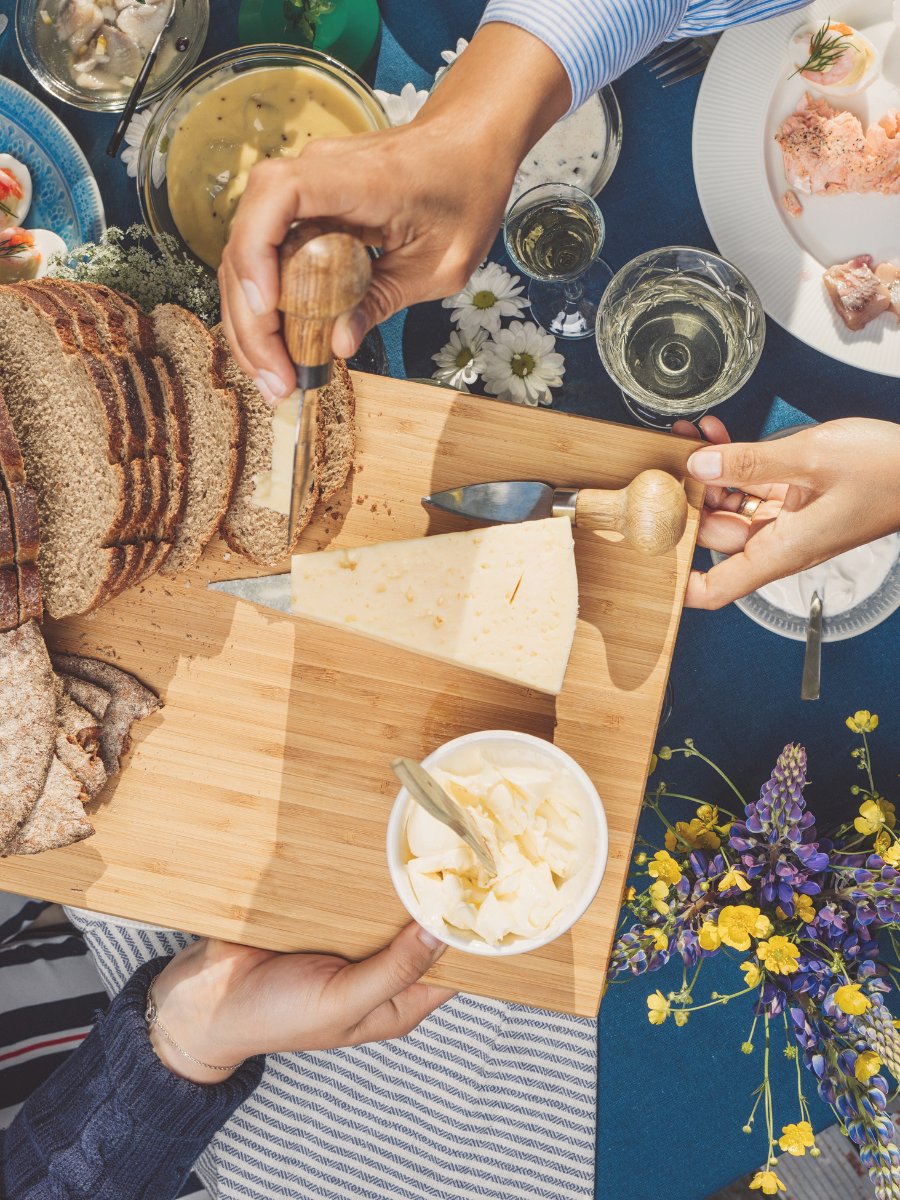Yesterday one of my clients told me, “I’m going to eat my way through this pandemic!”
Of course, she was being dramatic, and we both got a laugh out of it.
But the reality is, there was still some seriousness to what she was saying.
Others have been telling me that they “can’t wait” until 5 pm rolls around so they can uncork a bottle of wine.
Apparently, there’s even a newly invented drink – “the quarantini.” (You’ll need to Google it for yourself :))
It turns out that many people are turning to food (and alcohol) to deal with feelings of stress, anxiety, loneliness, and the uncertainty of what’s going on in the world right now.
If you’ve been in your head all day thinking not so pretty thoughts, then, of course, it makes perfect sense that you would want to hit the “escape button,” by numbing with food or alcohol (…or Netflix, or social media).
I get it.
But while those things seem to solve the problem momentarily through “the mental escape” they bring, the reality is those feelings are right there waiting for us later (after the food and drink are gone).
And while, sure, we can do the work of managing our minds, (after all, how we think about circumstances will ultimately determine how we feel) it’s not always helpful to search for a better feeling thought if we’re not processing what we’re currently feeling first.
Otherwise, we may wind up looking for relief in the pantry cupboard (or in a bottle of wine).
So how do we go actually go about processing our emotions, or “feeling our feelings”?
Well, most importantly, we must first stop judging ourselves so harshly for even eating the food in the first place.
We have to acknowledge that there is absolutely no moral value to putting food in our mouths and eating it (or having a drink).
Because if you’re making it mean that you’re a horrible and flawed person for reaching for the “cookie” (or “drink”), you’re only going to fuel the fire of negative emotion, and further perpetuate the cycle of emotional eating.
We have to make it so that being with ourselves (in our head) is a safe place and not a punishing one.
We must recognize that if our internal narrative is continuously negative, OF COURSE, it makes perfect sense that we would turn to food (or a drink) to escape it.
Secondly, please know it takes practice.
The more you practice not reaching for food, the less automatic it becomes.
For example, next time you have that urge to reach for the “cookie” or the “drink,” try actually staying with the feeling a little while before immediately trying to escape it.
I understand that this can feel tedious – like you’re literally going to die if you just don’t take a bite or sip.
But pause for a moment – intercept it.
What does it feel like in your body?
What are the actual sensations you’re feeling in your body? (i.e. a lump in the throat, a heavy feeling in the chest, a quickened pulse.)
Maybe you can only tolerate the feeling of it for a minute, and then you allow yourself to have what you want.
That’s okay.
You’re practicing.
The more you’re willing to be there with it, you begin to notice it diminishes in intensity.
Eventually, you might learn that you can stay with it a lot longer, and it’s not actually going to kill you.
Some of my clients find it helpful to set a timer (i.e. on their phone).
They might start with 30 seconds and then work their way up from there.
If they still want to answer the “urge” at the end of the set time, then they allow themselves to, but sometimes they no longer wish to.
This is the work of processing an emotion – of “feeling our feelings.”
And the more you practice it, then perhaps the more you realize that there’s no emotion you’re not willing to feel – even the most awful ones because those are all a part of the deal of being human.
This is the work we must be willing to do if we ever want to change our eating habits long term and break the cycle of turning to food to cope with our feelings.
For more on Emotional Eating, please read this post here.
All my best,
Elaine

Hi! I’m Elaine, a Certified Nutritionist and Master Certified Health Coach. I support women in achieving their health and body goals while prioritizing a peaceful and balanced relationship with food.

Get a free copy of my handbook!
The Elegant Eating Handbook: Timeless Strategies for Lasting Weight Loss and a Peaceful Relationship with Food.
share with friends
keep reading...




